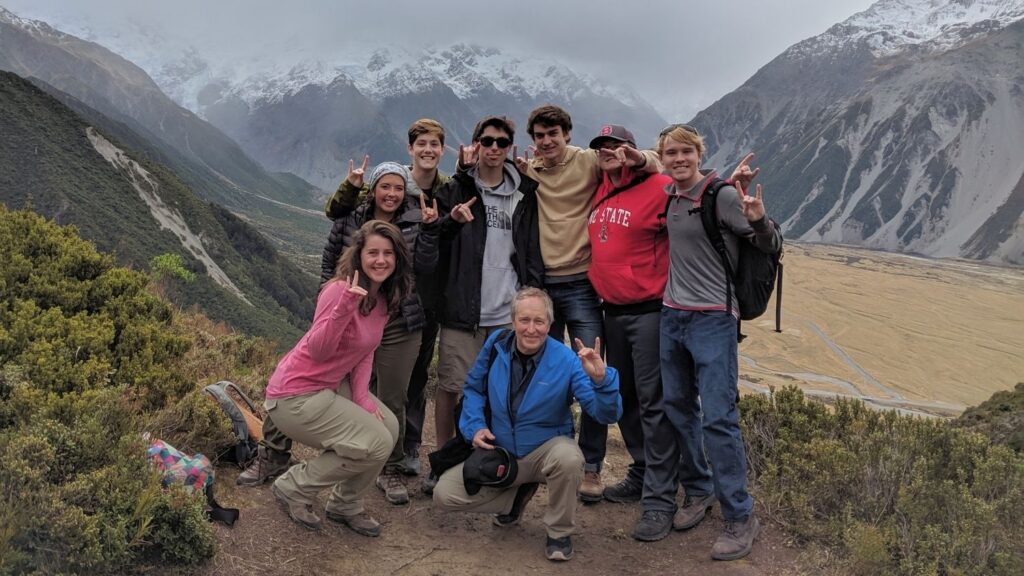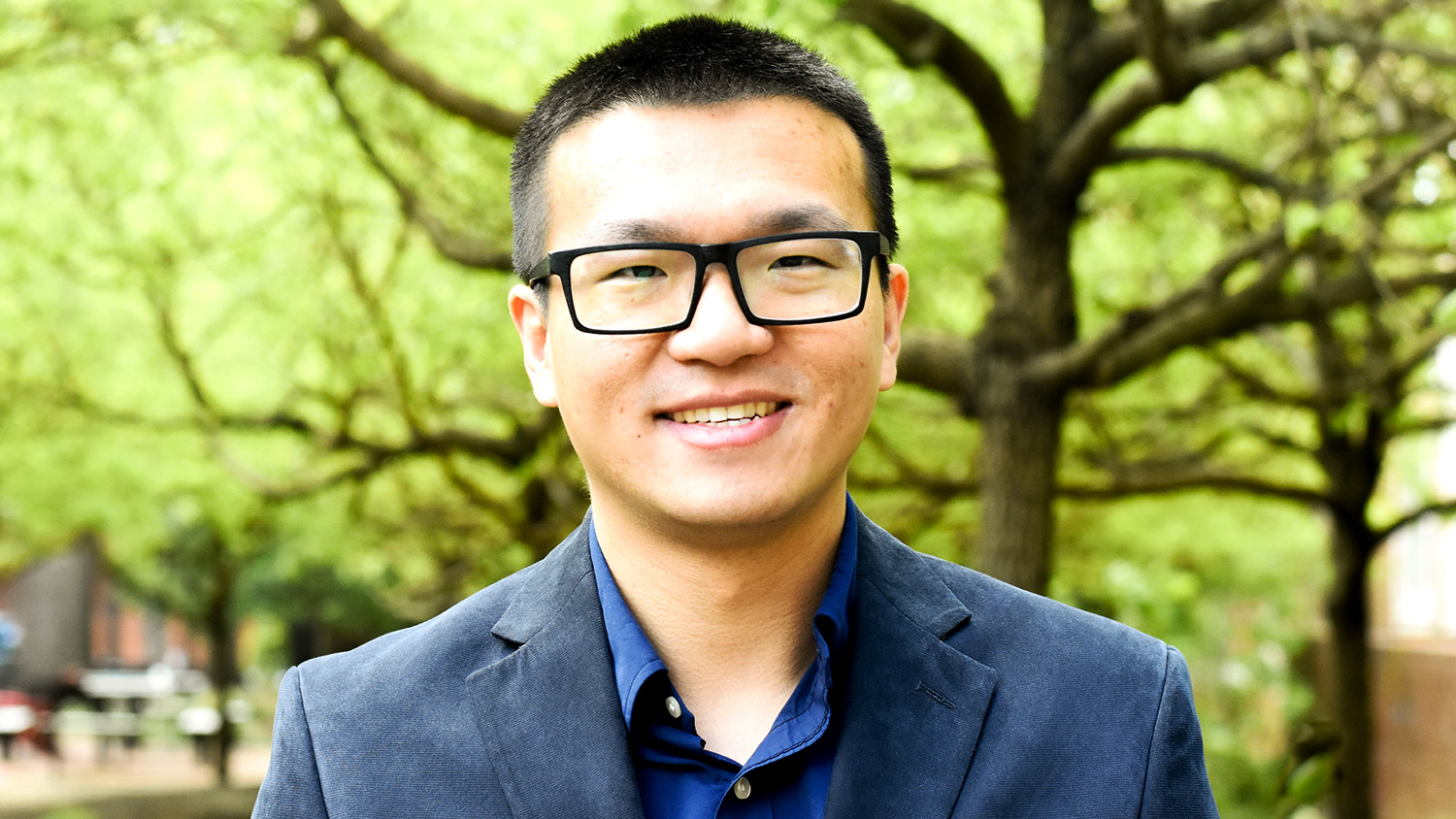George Hess is a professor in the Department of Forestry and Environmental Resources at NC State’s College of Natural Resources. His research interests include green infrastructure conservation and management, conservation, ecology, natural resources measurements, and engaged teaching and learning.
Hess has worked extensively with community partners to protect green space since joining NC State more than two decades ago. His work with the Triangle Land Conservancy, for example, led to the publication of the State of Open Space 2000 .
The report, which was the Triangle’s first account of land-use change and protected open space, has since led to various other conservation successes, including the protection of significant open space by cities and counties across the region.
Hess’ interest in conservation began when he was a child, taking family vacations to hike and camp along the east coast. “As a city kid, I had no idea you could make a career out of creating and managing such places – I mean, it was vacation, which, you know, is not real life,” he said. He went to college during the environmental movement of the 1970s, but didn’t begin working in conservation until much later.
Hess earned undergraduate degrees in biology and computer science, and later a master’s degree in computer science. He worked in software engineering for almost 10 years, helping to develop early versions of touchscreen interfaces and software that let users query databases without a programming language.
After a year of exploring the U.S. four-corner states and trying to make a living with photography, Hess moved to Raleigh for another software job. Around this time, he realized an intersection between two of his interests — the environment and software engineering, and the degrees he had earned. “I could program computers to simulate ecological systems and examine how potential changes in conditions or management might affect those systems,” he said. “It turned out to be a great way to segue from one career to another.”
Hess then left the software industry to earn a Ph.D. in biomathematics from NC State’s College of Sciences. However, during that time, he also ended up working with the College of Natural Resources. “I learned some things about the Department of Forestry and the broad range of environmental challenges its faculty and students worked to address. Toward the end of my degree program, I co-taught a course in landscape ecology for the department,” he said.
In 1996, Hess became an assistant professor for the natural resources degree program. “I got to grow with that program and the department,” said Hess. Since then, he’s worked to prepare students for work in the conservation and environmental fields.
“I love teaching and have spent lots of time figuring out how to create learning environments that put students in the kinds of situations they’ll experience after they graduate – faced with nebulous and complex challenges, the need to figure out what the question is before starting on answers, and the ability to work collaboratively with people with diverse backgrounds and abilities,” he said.

Hess’ courses create conservation-based projects by working with community partners, including Raleigh Parks, Wake County Open Space and the Triangle Land Conservancy. Students gain valuable learning opportunities, while partners gain end-products that help them pursue their mission.
“For example, students in my measurements course have completed natural resources inventories on several of Raleigh Parks’ properties to provide data they use to create management plans. We also conducted the first assessments of how wildlife and people use Raleigh’s greenway system,” Hess said.
In addition to his work with undergraduate students, Hess also created the graduate course, “Conserving Urban Biodiversity,” with Jan Thompson of Iowa State University. The course brings together graduate students from diverse academic backgrounds to research successful conservation programs in urban areas. Each semester focuses on a different city, which so far has included Tucson, Arizona; Chicago, Illinois; Boulder, Colorado; and Jacksonville, Florida. Much of this work was synthesized during a plenary working session at the International Urban Wildlife Conference in 2017.
These courses have been key to Hess’s conservation efforts. “I’ve done much of my work on conserving natural resources through my courses,” he said. When asked about the impact he wants to make, Hess said he hopes to continue protecting green spaces and connecting people with nature.



